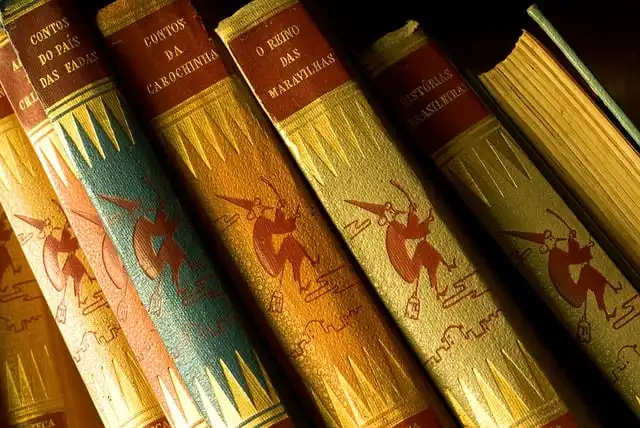Our Culture Is Our Identity: Revitalizing Mayan Language Through Education

With the support of Cultural Survival’s Indigenous Youth Fellowship, Dzib created a digital repository of bilingual virtual resources tailored for elementary school children incorporating the experiences of teachers, students, and parents.
Dzib’s journey is an effective testimony to the transformative possibility of Indigenous education and learning. Her steady devotion to renewing the Mayan language and producing inclusive instructional rooms acts as an inspiration to areas and instructors worldwide. Via her job, Dzib is not just securing her society yet likewise equipping the future generation to accept their heritage and add to a more varied and comprehensive future. She strongly believes that “Our society is our identification” and that the very best means to promote this is with the power of education: “Education and learning, like sunshine, should reach everybody. The toughness of mentor lies in collaborative work. Allow’s identify the greatness of childhood years and guarantee that educators are the ones that bridge the digital, social, and educational gaps.”
She is a main education and learning educator in Kanxoc, Valladolid, Yucatan, and just recently gained a master’s degree in Intercultural Bilingual Main Education And Learning. Her goal has actually constantly been to deal with the particular demands of Native education in the digital era.
The pandemic highlighted the need of online sources in Aboriginal education, and it inspired Dzib to design a site and social media web page, Túumben Chúunul (New Start). The website is a location for electronic sociolinguistic materials concentrated on the Mayan language: an essential action in making Aboriginal understanding obtainable in the electronic world.
Dzib’s training techniques emphasize the relevance of etymological revitalization and the development of independent academic rooms within areas. She urges young individuals to communicate in their mommy tongue and involve with their cultural heritage as she supports for collaboration in between Indigenous education and other academic institutions to promote vital interculturality.
The sources Dzib produced stress the vital function of Elders as the primary transmitters of language in multilingual homes. In her neighborhood, where the majority talk Mayan, many schools and training products only show in Spanish– a gap that came to be specifically apparent throughout the pandemic’s change to range understanding. With the support of Social Survival’s Indigenous Young people Fellowship, Dzib created an electronic database of multilingual online sources customized for grade school kids including the experiences of teachers, parents, and students.
Leading image: Gloria Dzib Kumul with 5 of her trainees in ternos, the regional traditional outfit from the Yucatan, holding baskets that belong to the Jarana las Canastas de Halacho, a local celebration.
The project enables the sharing of academic resources, permitting even more Mayan speakers to access them on systems such as YouTube and fostering a digital intercultural exchange. In spite of the difficulties posed by a homogeneous and stiff instructional system, Dzib stays fully commited to her mission. For Dzib, seeing the individual and scholastic growth of her students is deeply fulfilling.
This formed her identity and sparked her passion for preserving and rejuvenating Aboriginal languages via education. She is a primary education instructor in Kanxoc, Valladolid, Yucatan, and just recently made a master’s level in Intercultural Bilingual Main Education And Learning. Her goal has actually constantly been to deal with the details needs of Indigenous education and learning in the electronic era.
The pandemic highlighted the need of digital sources in Native education and learning, and it influenced Dzib to create a site and social media web page, Túumben Chúunul (New Start). Dzib’s journey is an effective testimony to the transformative capacity of Indigenous education. She strongly thinks that “Our culture is our identification” and that the best means to promote this is via the power of education: “Education, like sunlight, need to reach everyone.
Her fellowship task highlights the value of bringing Aboriginal languages into social media networks from an inclusive perspective. It likewise supplied a possibility for teachers and parents to acknowledge and boost the Mayan language while supplying expert development and electronic skills development for Indigenous education and learning teachers.
1 Gloria Guadalupe Dzib2 Guadalupe Dzib
3 Guadalupe Dzib Kumul
4 Indigenous education
5 Mayan language
« Report Warns Santacruz Silver of Serious Human Rights Violations at Bolivia Mine ahead of AGMSharing Our Experiences, Stories, And Territories In Our Voices, With Our Hands »
